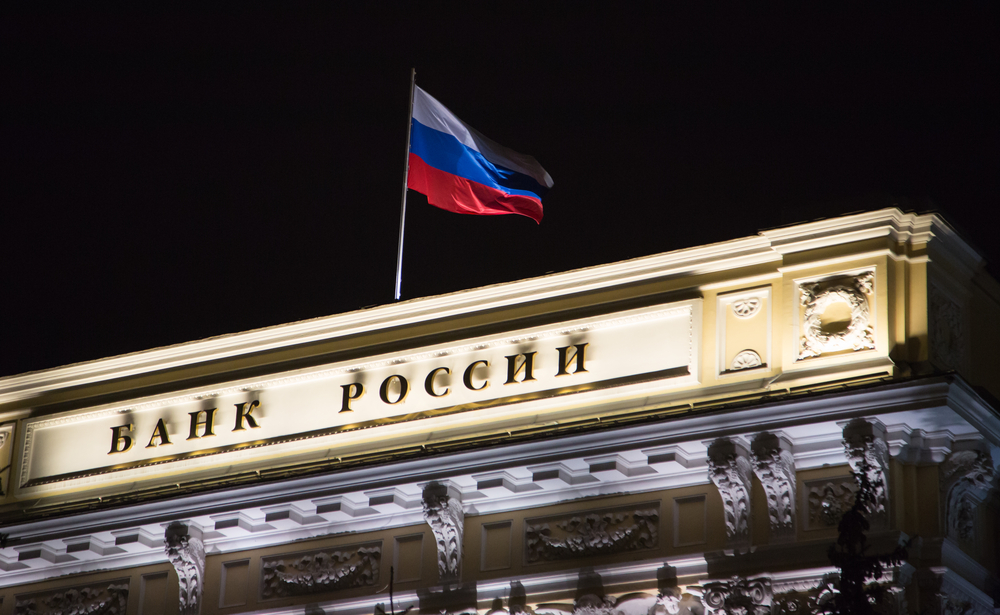Russia’s Central Bank Plans to Tax Bitcoin, Deem it a ‘Digital Commodity’

The Central Bank of Russia could soon recognize digital currencies like bitcoin as digital commodities and tax them accordingly.
According to the central bank’s deputy chairwoman, Olga Skorobogatova, the central bank is in the process of drafting legislation to legally recognize and monitor digital currencies. The preliminary draft regulation could be presented to the Russian State Duma, the lower chamber of the Russian Parliament, as soon as June, Skorobogatova was quoted as stating by Interfax .
The central bank official was speaking at a meeting in the Parliament last week, when she further outlined the apex bank’s plans for digital currencies in Russia.
She reportedly stated:
[Digital currencies already circulating in Russia will see] certain regulations with regard to taxes, monitoring and reporting, as a digital commoditiy.
She further revealed that the plan to monitor and tax bitcoin transactions were discussed in a meeting with the Ministry of Finance (which has previously tried to criminalize bitcoin adoption), the Ministry of Economic Development and unnamed ‘law enforcement agencies’ who are all in support of the proposal.
Skorobogatova’s comments coincide with statements that represent a complete U-turn by Russia’s deputy finance minister Alexei Moiseev in April. The official, who notably led the effort to ban and criminalize bitcoin activity in Russia since 2014, revealed that authorities could recognize and regulate bitcoin in a legal capacity in 2018. More specifically, he revealed the state’s wish to ‘monitor’ bitcoin transactions, which would see the local cryptocurrency industry being regulated.
There are no details as to how Russia plans on monitoring all bitcoin transactions. If bitcoin trading and mining are to soon be recognized by legislation, it remains to be seen how authorities plan on taxing the two different activities.
Still, the remarkable shift in stance toward bitcoin, from hostility to a pseudo-recognition, has been telling. In February this year, Russia’s largest online retailer, Ulmart, discarded plans of accepting bitcoin for payments after being strong-armed by the central bank.
“We saw that there was demand [for bitcoin] from some of our customers and so we were considering that seriously. But then, the central bank intervened,” revealed Ulmart chairman Dmitry Kostygin. Three months and a complete shift in approach later, Ulmart announced plans to accept bitcoin from September this year.
Pavel Vrublevsky, founder of ChronoPay, one of Russia’s oldest online payments providers, announced plans to integrate bitcoin alongside the likes of VISA and MasterCard. In a conversation with CCN.com, the executive also revealed plans to open a bitcoin exchange and sees a positive road ahead for bitcoin in Russia.
He said:
The central bank last week announced draft legislation for bitcoin as a commodity. Bitcoin could be legalized this autumn.
Featured image from Shutterstock.